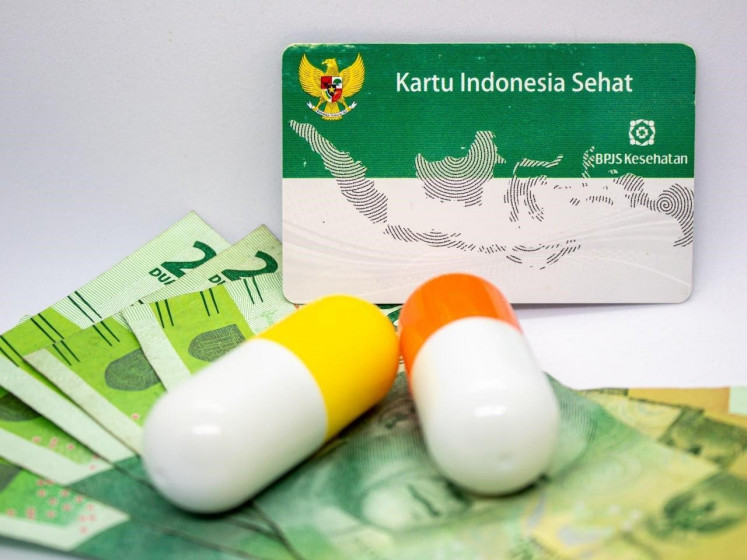Popular Reads
Top Results
Can't find what you're looking for?
View all search resultsPopular Reads
Top Results
Can't find what you're looking for?
View all search resultsMedical groups urge stricter rules on salt, sugar, fat in processed foods
Medical associations have highlighted the various negative impacts of excessive salt, sugar and fat in processed foods as lawmakers discuss limiting the additives amid the rising public health burden from noncommunicable diseases.
Change text size
Gift Premium Articles
to Anyone
S
everal medical associations have called on policymakers to issue stricter regulations to reduce the amount of salt, sugar and fat added to food products as the country continues to see a rise in obesity and noncommunicable diseases.
For the past week, House of Representatives Commission IX overseeing demographic affairs and health has been holding meetings with various parties to discuss limiting and monitoring salt, sugar and fat in food products.
On Thursday, members of Commission IX heard inputs from various medical associations on health impacts related to the potential restriction.
Prasetyo Widhi Buwono, advocacy chair at the Indonesian Society of Internal Medicine (PAPDI), explained that excessive salt, sugar and fat could lead chronic disease, ranging from diabetes to cardiovascular diseases.
“It’s very important for the Food and Drug Monitoring Agency [BPOM] to limit the amount of salt, sugar and fat added to processed foods, based on the recommendations set by the medical community,” Prasetyo told Thursday’s meeting.
He also noted that noncommunicable diseases (NCDs) had been rising in the country.
Read also: Grassroots sports clubs emerge to push more Jakartans to exercise



















